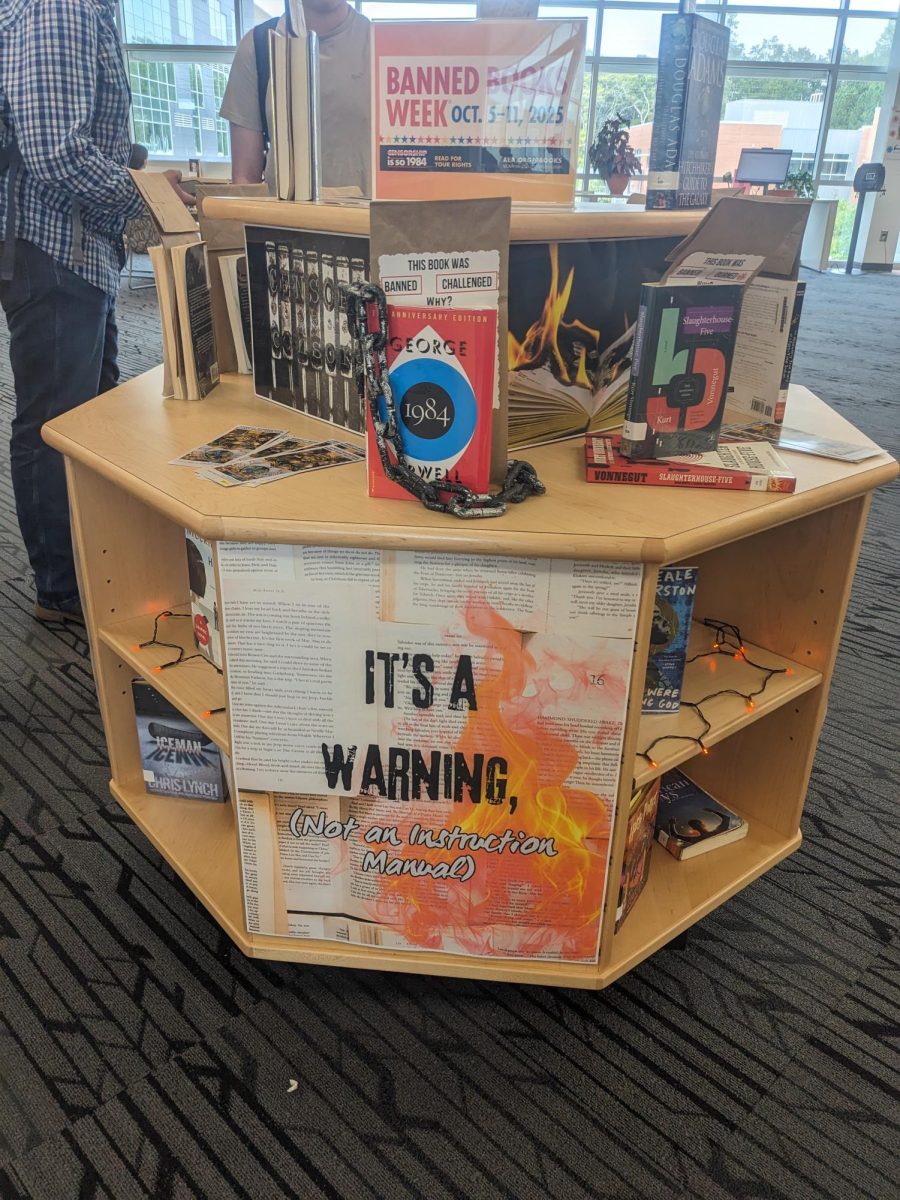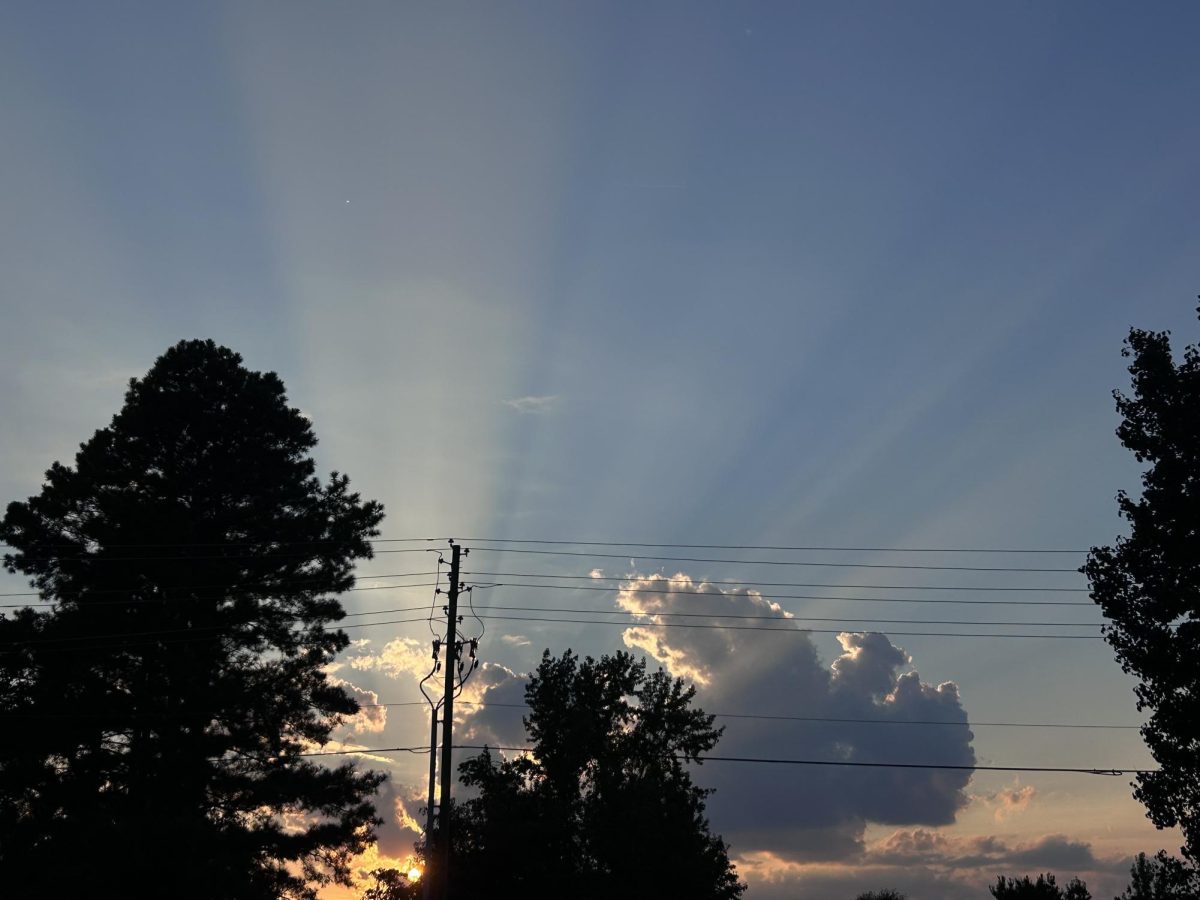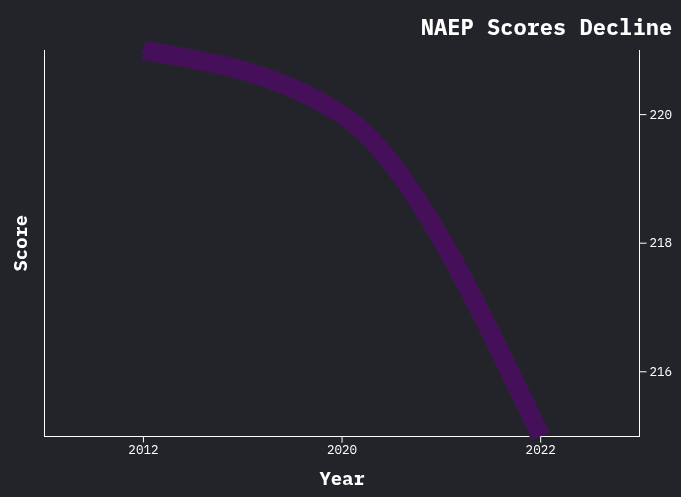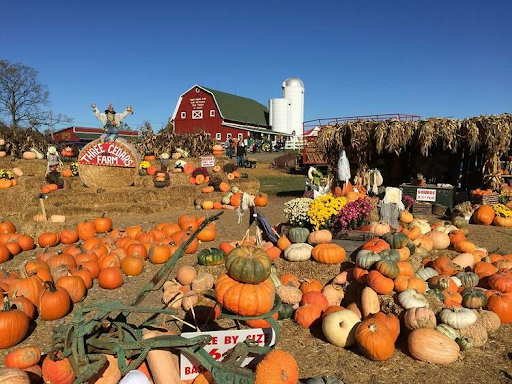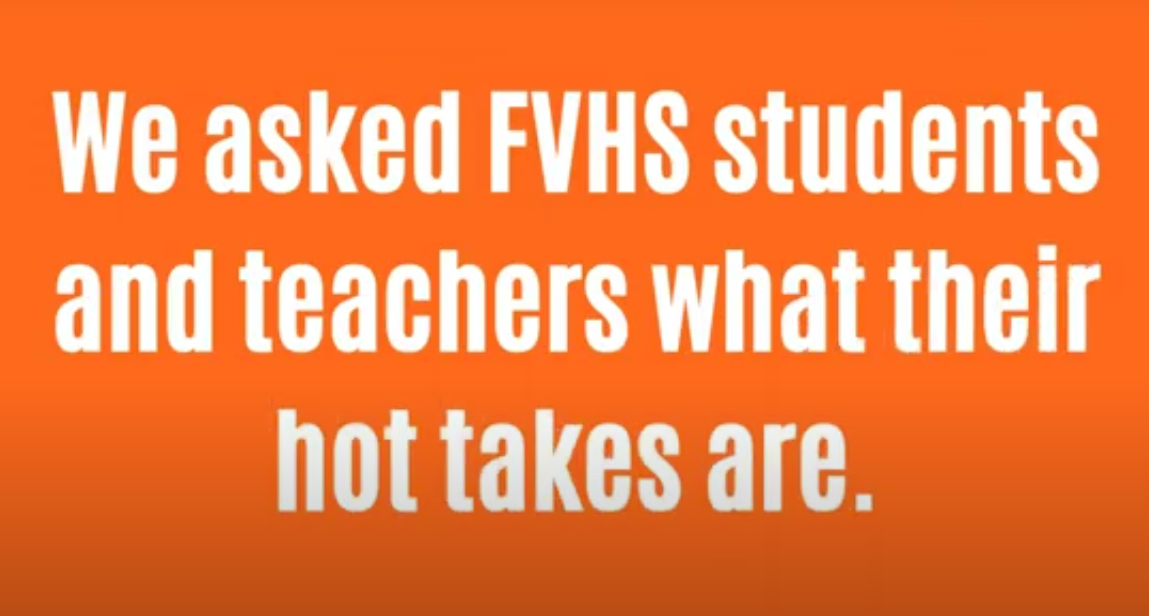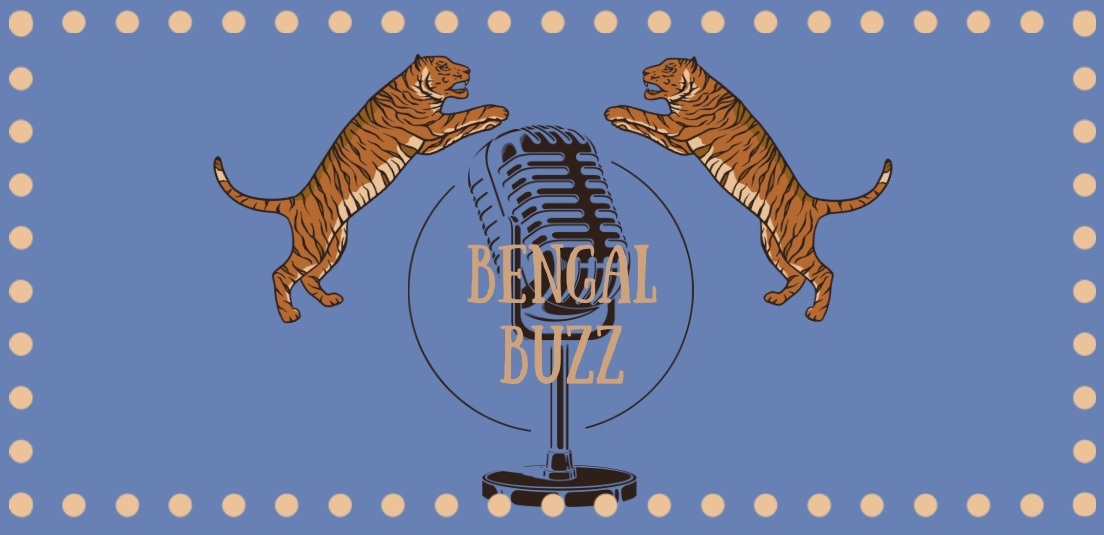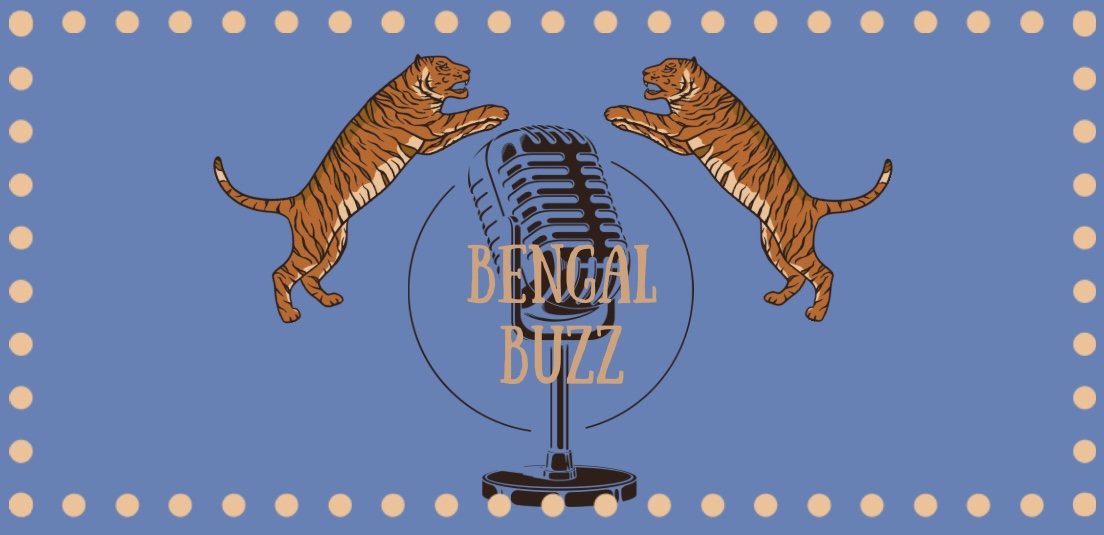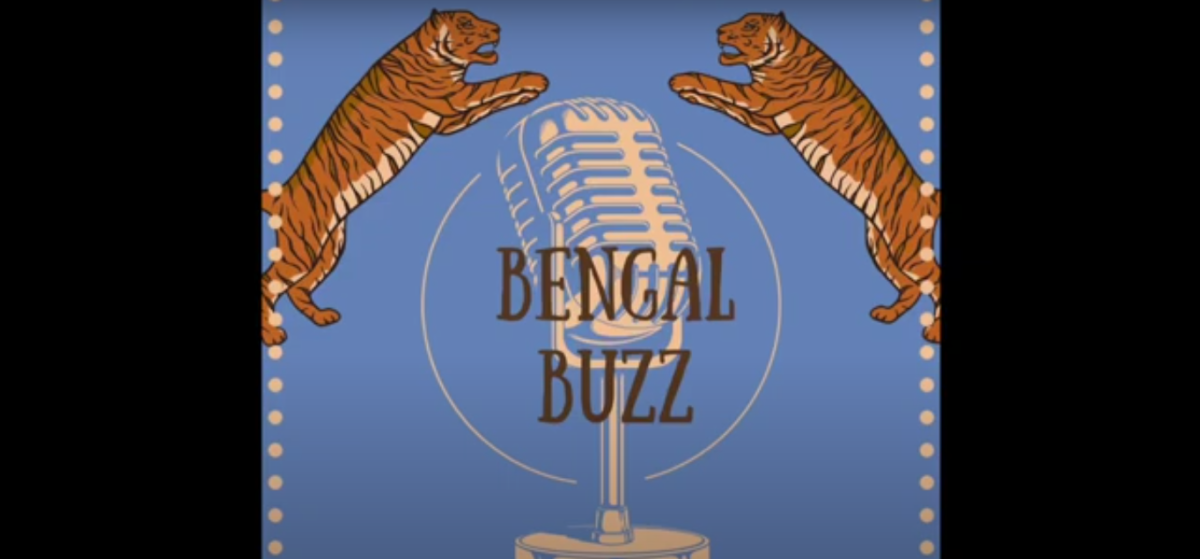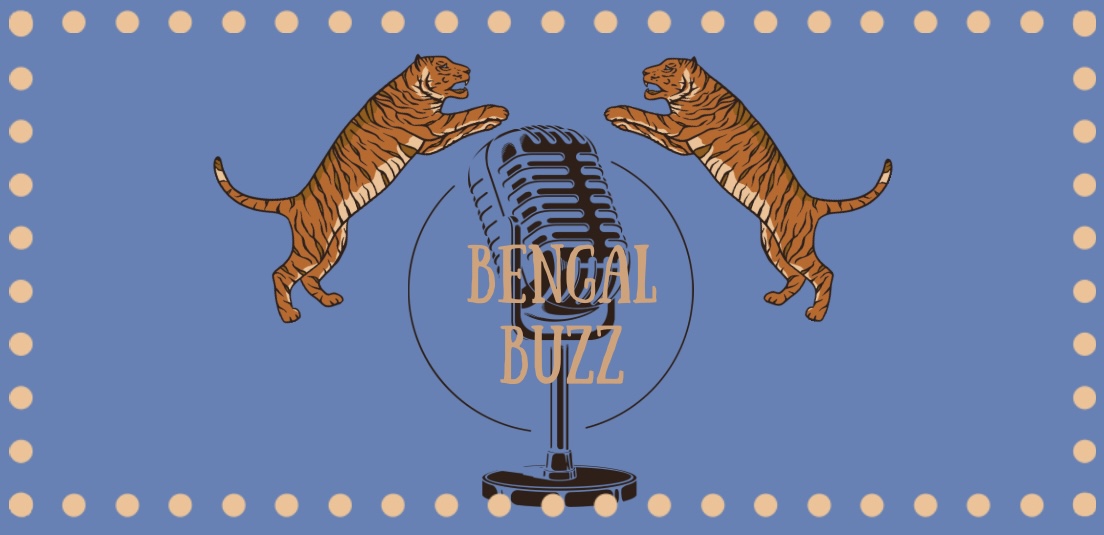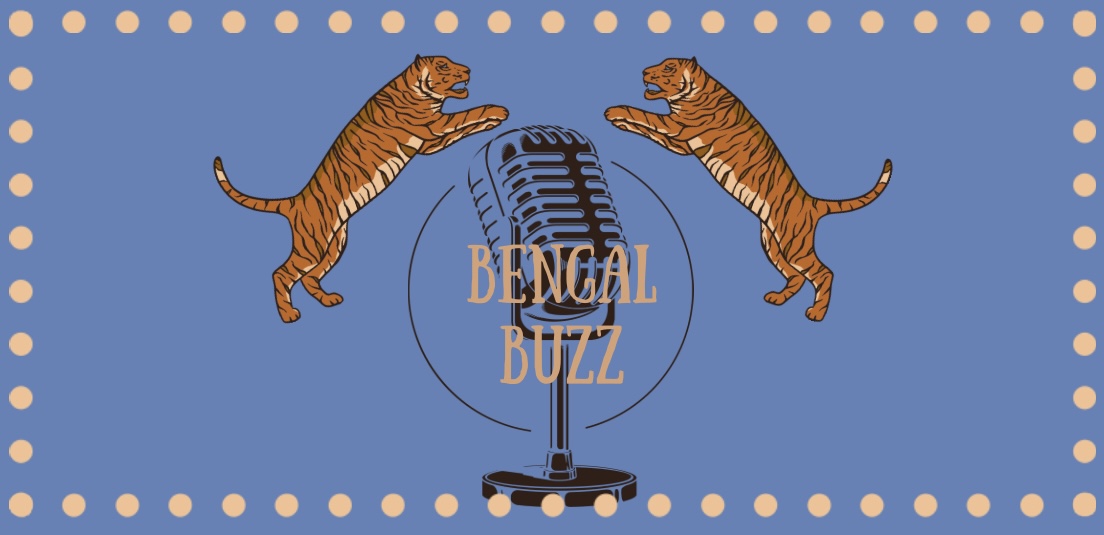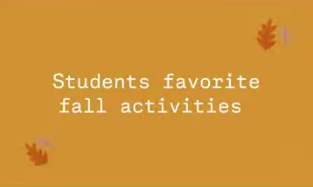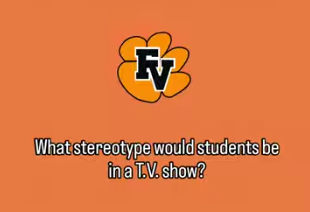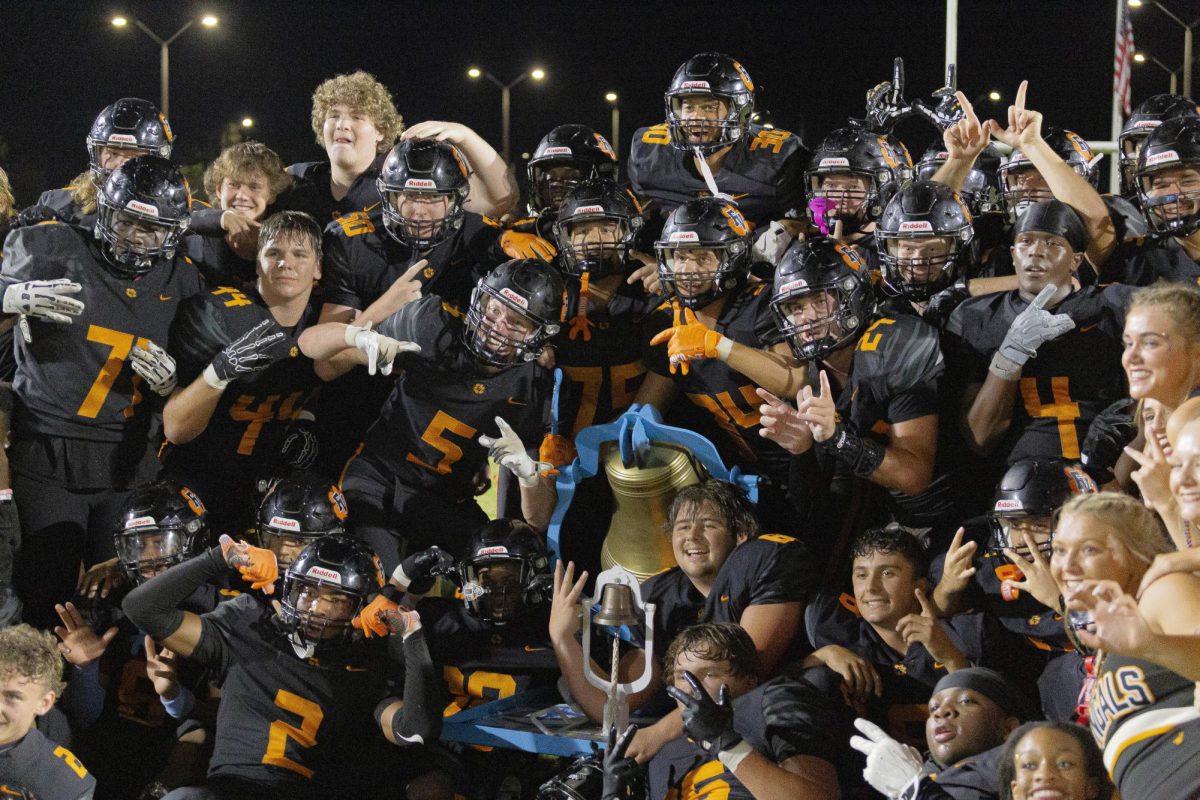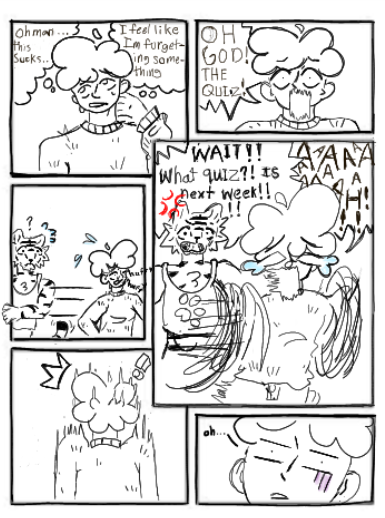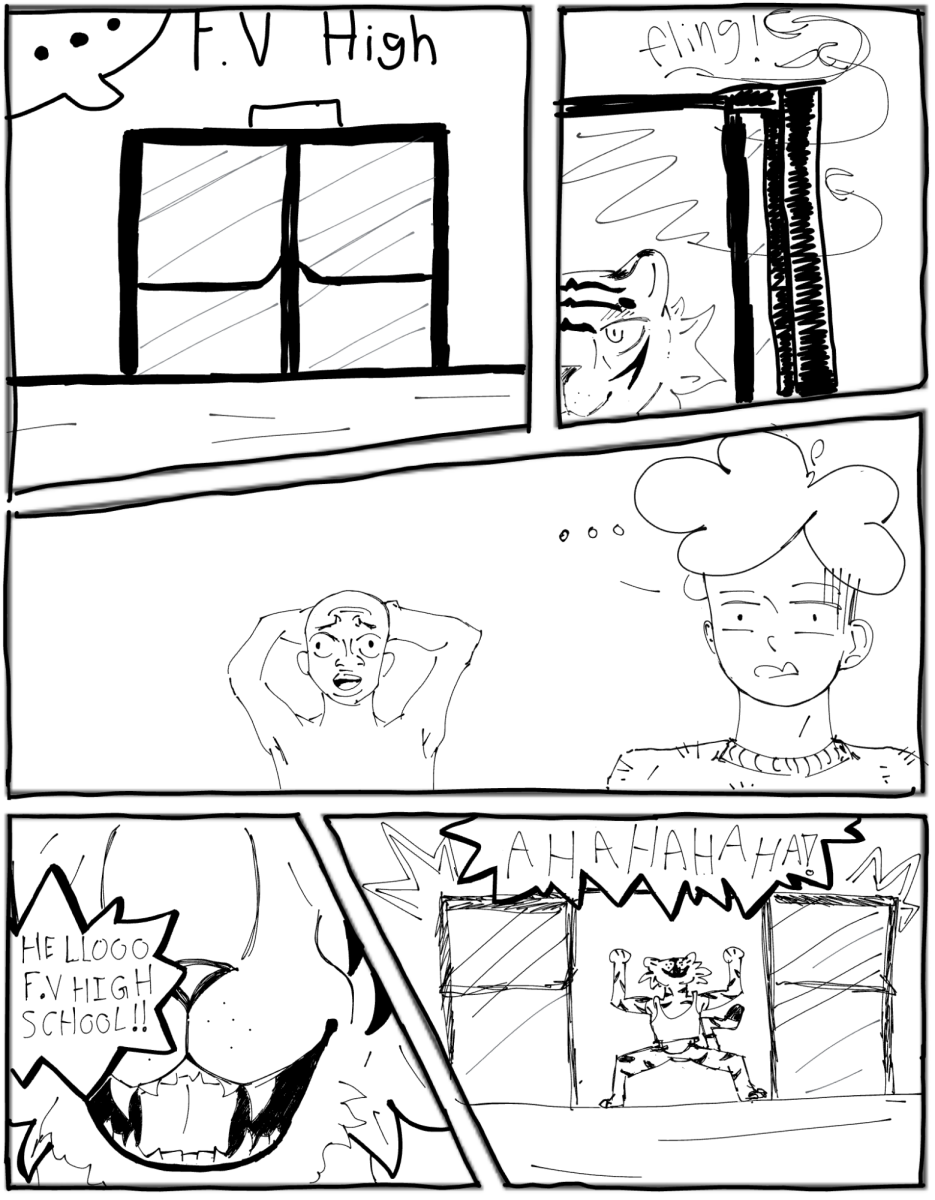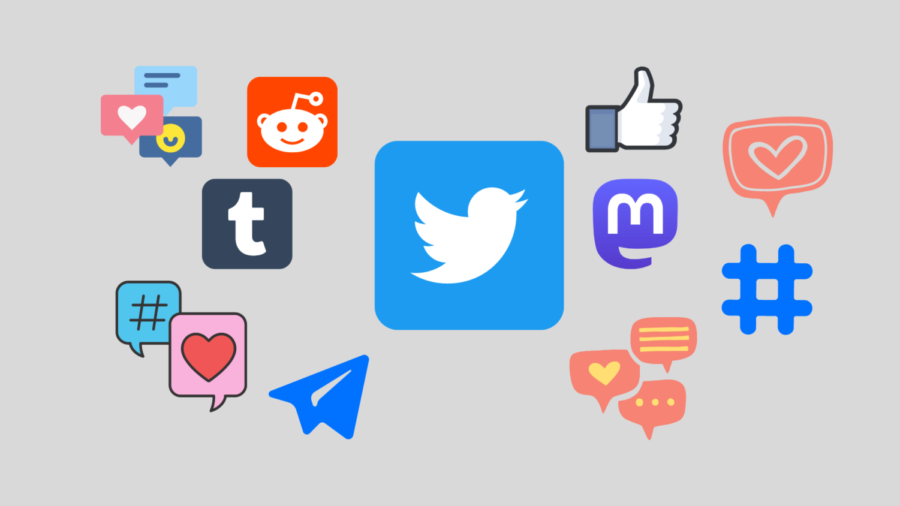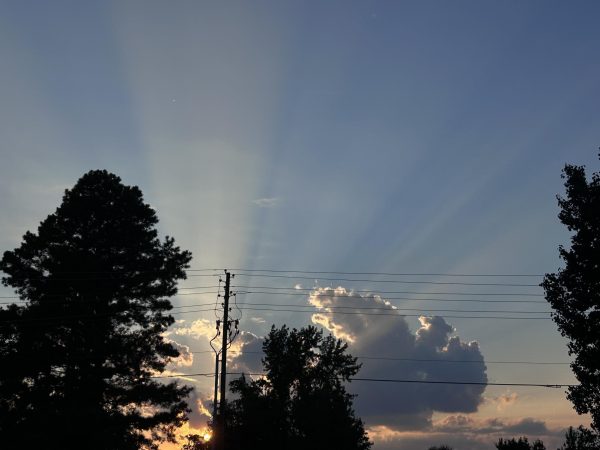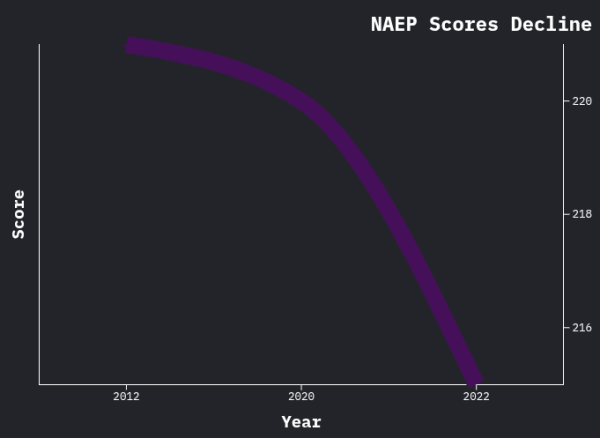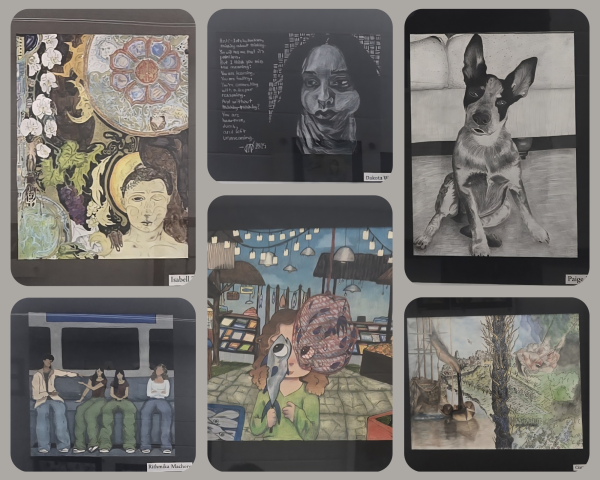Other than Twitter
If you’re anything like me, you’re an absolute Twitter fiend. Nothing tops the chaotic arguments, inside jokes with a short shelf life, and talented artists sharing their art. But recent changes in management have called into question the longevity of the site.
This begs the question, what is a good alternative? In the months since Elon Musk’s takeover of Twitter, many are looking for a backup for what many feel is an inevitable collapse.
There are two main categories of alternatives, the “Twitter-likes” and legacy platforms.
They are fairly intuitive but the divide is with how similar they are to Twitter. “Twitter-likes” are trying to be an alternative from the start, so users are right at home. The legacy platforms are those that have been around for years and are not trying to emulate Twitter.
The main Twitter-like is called Mastodon. The user interface is incredibly familiar to newcomers with one exception, the decentralized servers. These sound fancy and complicated but it’s very simple.
The ‘brain’ of most social media, where all the computing is done, is all in one place online with one group running it. This means that if it goes down, the whole site does as well.
This is not true for Mastodon. The server, ‘brain’, is spread across many places with different people running those servers. So for all of the sites to go down, all of the individual servers must fail.
On the user side, the platform feels as if Twitter had email addresses. This is because every server has a tag to tell others which one your account is on. These tags don’t prevent you from interacting with people on other servers, you just have different home bases.
This provides a little challenge at first but it becomes pretty intuitive after a little while. But more importantly, this can make the platform more resilient.
Other alternatives are more established platforms, such as Reddit and Tumblr, both of which are much more divided into official sections than Twitter. Reddit has subreddits and dedicated places for specific topics, and Tumblr works with a combination of tags and following.
Neither of these offers the number of random interactions that end in often spectacularly argumentative ways. But when it comes to enjoying a community of your own people and interests, then they may even be better than Twitter.
Whether you choose a legacy platform or something Twitter-like, the online groups that formed on Twitter will still be around even if on another site. After all, we built our internet circles, so it’ll be easier to build them again.
Your donation will support the student journalists of Fuquay-Varina High School. Your contribution will allow us to purchase equipment and cover our annual website hosting costs.



